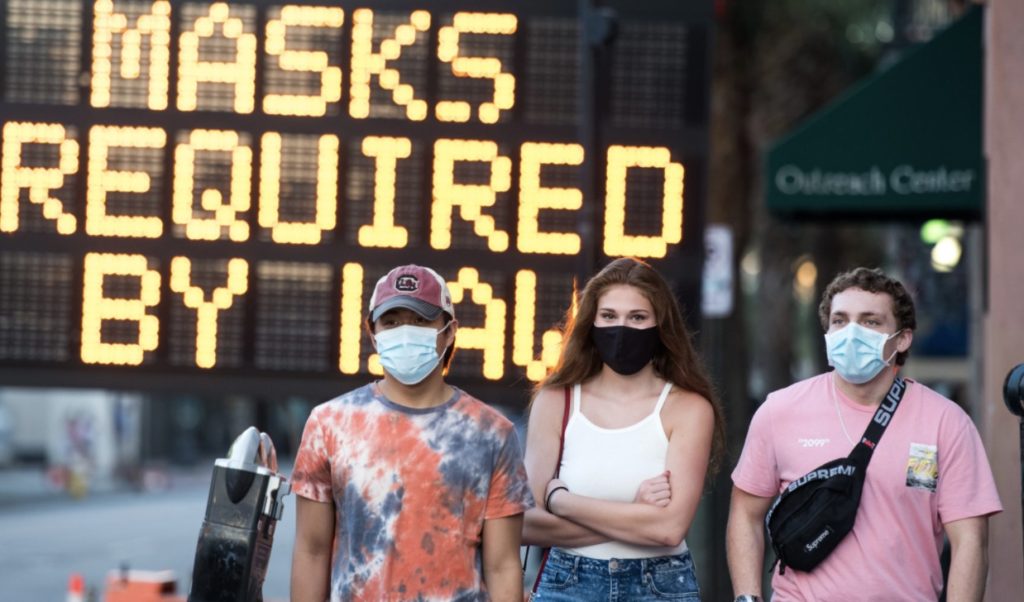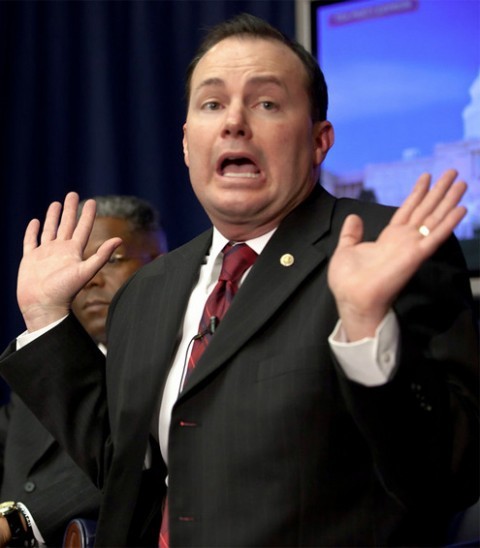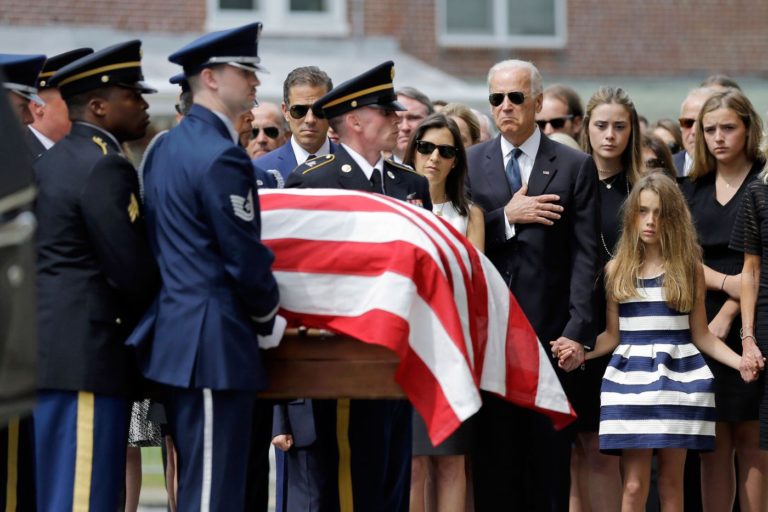
When you step into your car, you put a seat belt on. If you don’t, you might get a ticket, or even worse, die. Governmental and social constructs create boundaries for our safety. So, why is there an explosion of an anti-mask movement that believes being forced to wear a mask is a violation of their rights?
As coronavirus continues to threaten our communities, many videos have gone viral on the Internet pertaining to the culture of wearing masks. A common theme shows retail or restaurant employees being verbally and sometimes physically harassed for reminding customers that they are required to wear a mask in their establishment. Even in areas where a mask mandate is present, businesses are still experiencing this outcry. Is this a violation of the person’s rights and liberty? The short answer is no.
The government may limit personal rights when it acts within the bounds of the U.S. Constitution. Remember the old saying: “You cannot yell fire in a crowded movie theater.” A limit on a right must pass the 3-prong test which was restated by the U.S. Supreme Court Case, Ward v. Rock Against Racism (1989):
- The regulation must be content-neutral.
- It must be narrowly tailored to serve a significant governmental interest.
- It must leave open ample alternative channels for communicating the speaker’s message.
What does this legal jargon mean? In simpler terms, the government may limit the constitutional rights of its citizens if there is a legitimate purpose, and the law is written in the least restrictive way possible. While the 9th Amendment makes it clear that all rights not in the Constitution still belong to the people, a mask mandate for a national or state emergency would not violate a person’s rights.
Temporary mask mandates are in place to protect the general population from a new and previously unknown virus. The health and safety of over 300 million people is a legitimate reason for the government to take action. The first and foremost obligation of any government is to protect citizens.
A law that is “narrowly tailored” means that if the government is to place regulations that limit a Constitutional right, they must do so in the least restrictive way possible. Does wearing a mask in public, especially indoors, restrict any rights? While wearing a mask you can still speak, gather, worship, and perform your normal daily functions. Mask laws fit these narrowly tailored jurisdictions and would pass a constitutional challenge.
What will be a highly contested issue is whether the government can mandate the coronavirus vaccine to be administered countrywide. In 1905, the U.S. Supreme Court ruled in Jacobson v. Massachusetts that a government mandate of the smallpox vaccine did not violate the 14th Amendment and the right to liberty. This case will most likely be revisited if a COVID-19 vaccine is made mandatory for all U.S. citizens.The COVID-19 pandemic is a national crisis. When a country, state, or city is in a declared state of emergency, it may exercise power to protect its citizenry. At the current time, any challenge of a mask mandate law should not be successful in court. The next question is how long can a mask mandate stay in place? Or better yet, will the government make a vaccine mandatory? The latter questions will undoubtedly stand before a court.



